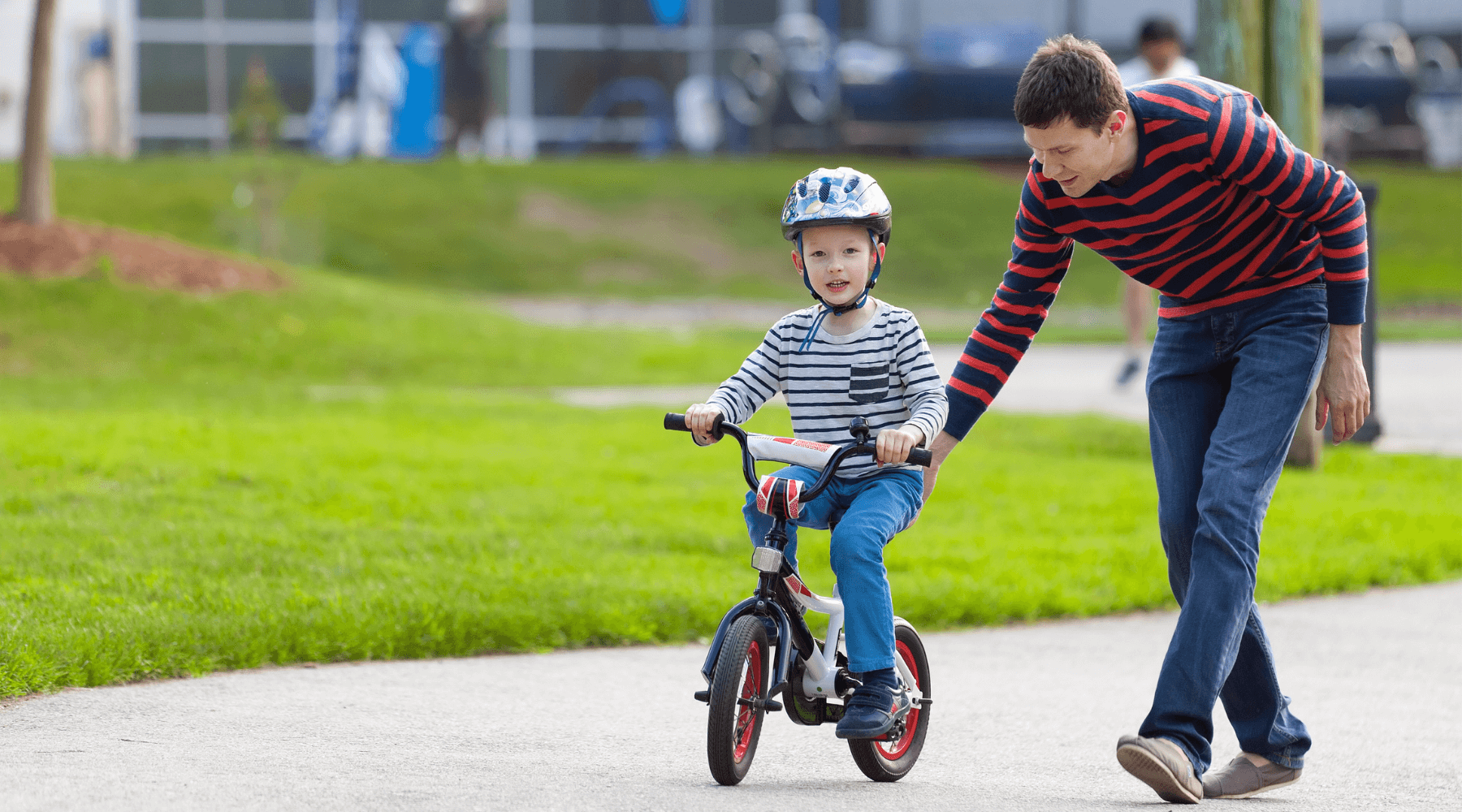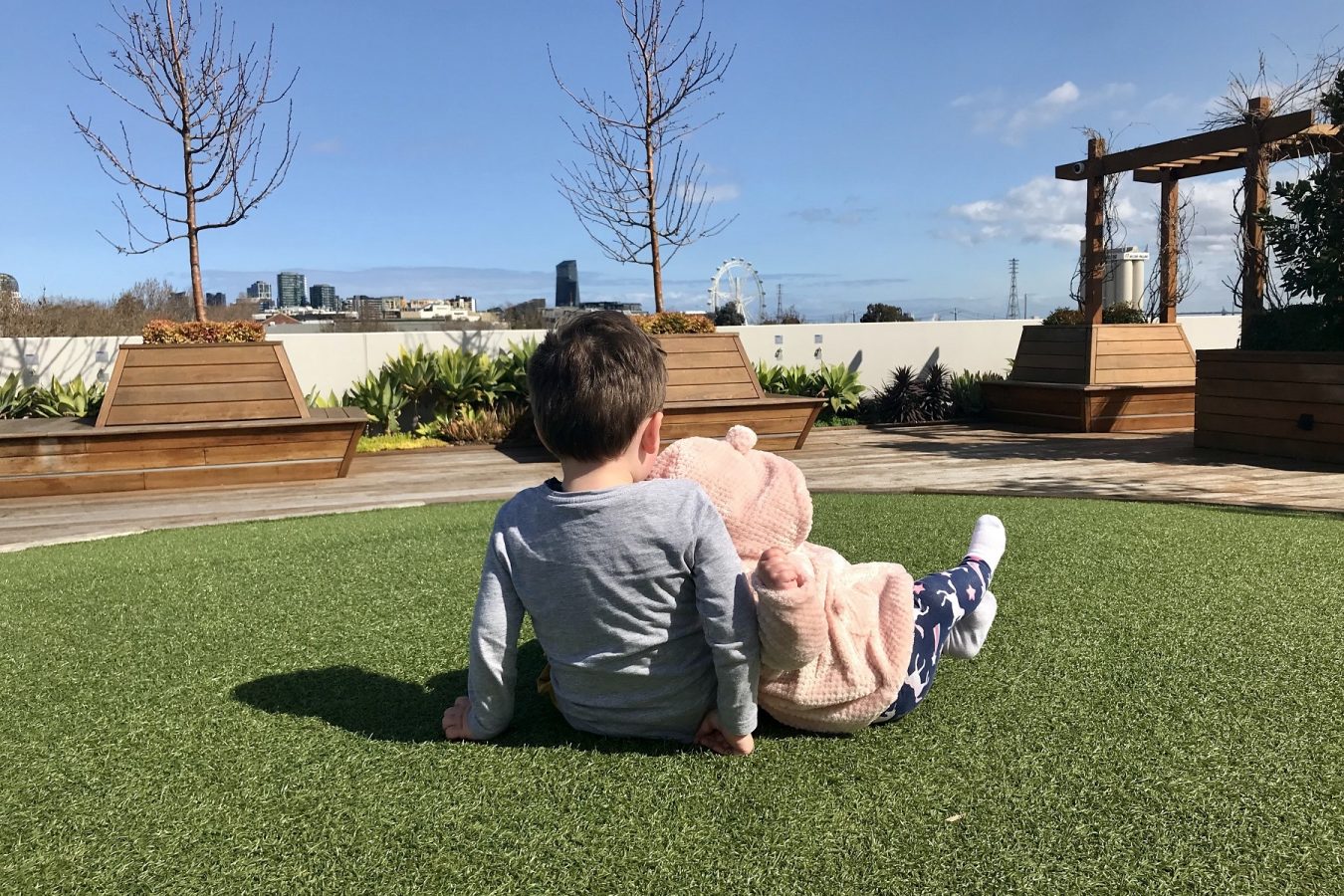
How to teach your child to ride a bike, what Gentle Parenting may be neglecting, and the benefits of fidgeting for neurodiverse children.
Our selection of thought-provoking and useful resources from around the web on educating and raising children, and supporting families.
How to teach your child to ride a bike
(Mike Holroyd, Active for Life)
Remember learning to ride your bike? The first time you realised you were doing it all on your own? Were you set atop a steep hill and let go, or were you pushed around on a grassy field until you got the hang of it all?
‘Riding a bike can be one of the most freeing activities,’ writes the author. ‘It’s almost magical how you can balance on two skinny wheels, do amazing things, and go amazing places.’
The author shares some of the current best practices on how to raise a bike-loving, skilled rider.
From balance bikes to what training wheels do, to choosing their first bike, this article will help you and your child enjoy the process of learning to ride.
Read the full articleThe harsh realm of 'Gentle Parenting'
(Jessica Winter, The New Yorker)
This article reviews another book on ‘Gentle Parenting’, an approach that puts the child first. It’s an understanding that a child doesn’t defy to be defiant; instead, it’s a physiological response to a situation and shouldn’t be corrected.
This style is open to interpretation, the writer notes. And the term is also interchangeable – think respectful, mindful and intentional parenting.
While the author does not discount the approach – she credits these styles for helping her change how she speaks to her children – she does wonder what may be neglected. What about the impact on siblings or the other parent?
Pondering the way previous generations like to blame their shortcomings on how they were raised, the author writes, ‘… perhaps a new generation can anticipate blaming their high rates of depression and anxiety on the overvalidation and undercorrection native to gentle parenting.’
Read the full articleHow changing attitudes to fidgeting are helping neurodiverse children succeed at school
(Alicia Bridges and Christine Layton, ABC Radio)
This article begins with a mother, Lara Silbert, sharing how her 7-year-old daughter was told off for playing with an eraser during class. ‘It feels like a bit of an old-fashioned attitude given what we do know now,’ Lara says.
As the authors explain in the article, perceptions around fidgeting are changing as awareness spreads about the benefits it can have for neurodiverse children.
Perth ADHD specialist Dr Michele Toner says there is evidence to show that fidgeting can help anyone, not just neurodiverse people.
‘I think in the bad old days, before we came to realise that the world takes all types of brains and bodies to be wonderful, we just had this idea [that] if you were listening you had to be sitting still,’ Dr Toner told ABC Radio Perth.
Like this post? Please share using the buttons on this page.
Read the full articlesign up for our newsletter


